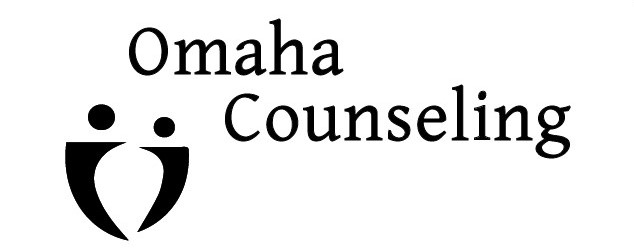“Don’t feel guilty for doing what’s best for you.” – Unknown
Imagine that a somewhat familiar colleague approaches you with a favor that has to be done on your day off – and not a small, pleasurable favor. We’re talking one that requires considerable effort, time, and energy on your part. You’re caught between a rock and a hard place: Although you’d like to help (and you have the spare time), you don’t want to spend your hours away from the office “working”. You feel pressured and obligated to lend a hand. Alas, out of guilt, you find yourself agreeing to it.
Can you relate to this scenario?
Saying “no” can be challenging for some people. Oftentimes, individuals agree to do something or go along with others because they feel compelled to do so. I see it over and over in counseling sessions with clients. As human beings, we’re typically wired to not upset the herd, so to speak; rather, we want to please others. By saying “yes” to doing a favor, for example, we sort of trick ourselves into believing that we won’t be judged by the other person or that they won’t become upset with us. Over time, this pattern evolves into a habit…and this continuous emotional repression can have detrimental effects on an individual and their relationships. When we don’t take care of ourselves, it begins building up in the body, which can result in health problems like illnesses.
Which brings me back to the last blog’s theme of boundaries. The practice of creating and maintaining healthy boundaries – both internally and interpersonally – is crucial. When we genuinely know ourselves and how our brains function, we’re better equipped to identify and create boundaries. Learning to slow down our minds enough to listen to what our hearts are yelling is of utmost importance in setting boundaries.
Think about a car for a few moments. On a basic level, it needs gas, oil, and regular maintenance to run properly and efficiently. Without any of these components, the car is likely to break down on the side of the road somewhere.
We function in a similar manner. In order to be productive, we need to experience pleasurable and rejuvenating things. We need to be filled up with enjoyable activities, such as reading, watching a show, holding a baby, being out in nature, exercising, enjoying our morning coffee, etc. As minute as these examples may sound, they’re all things we can do to take care of ourselves. When we engage in gratifying activities, we’re practicing good self-care; in a sense, we’ve been “serviced” by taking some time for ourselves.
The next time someone asks you to do something you’re not excited about, ponder these two points:
- Is this what I want to do?
- Can I also benefit from this?
Remember, it’s not just about the other person; it’s about you, too. If it’s not beneficial to you in some way, don’t do it. Politely and respectfully say “no” without feeling guilty. This doesn’t mean that you’re being selfish, rude, or unhelpful; instead, it means that you’re valuing yourself and listening to your heart.
If you’d like to set up a time to meet up with Reka, you can contact her by phone at 402-881-8125, by email at reka@omaha-counseling.com, or via Twitter or Facebook.


